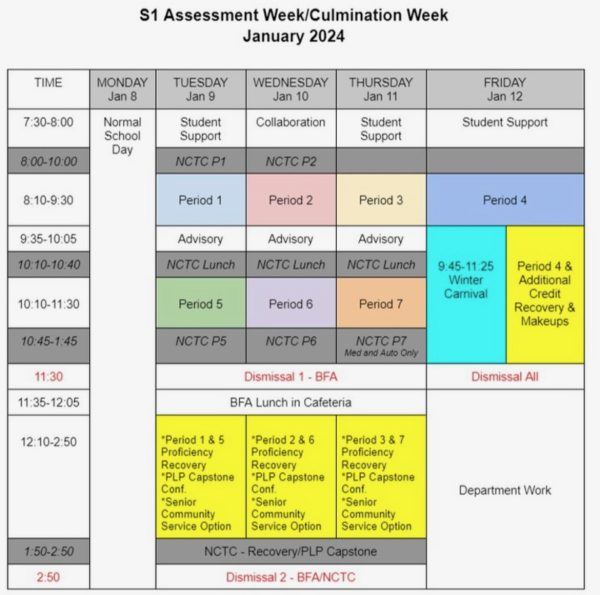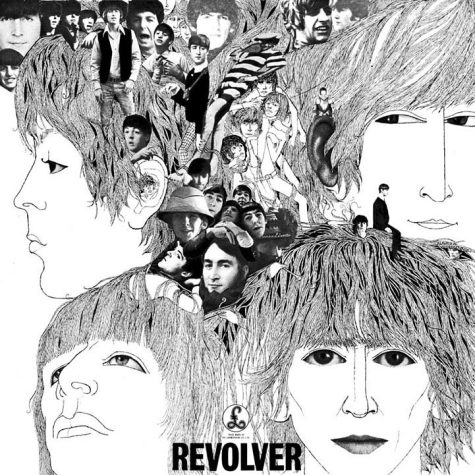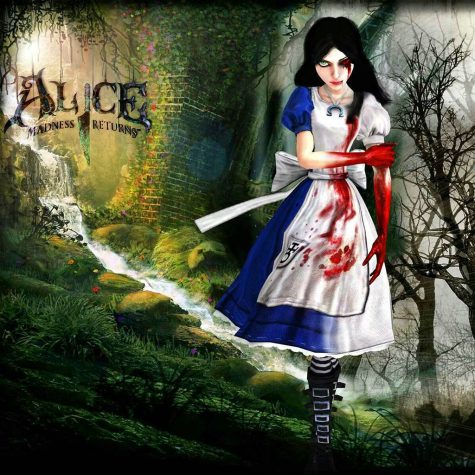Books: cornucopia of knowledge
January 12, 2016
Books are one of the oldest ways of sharing knowledge between all humans. Since the Sumerians wrote the first text down on clay tablets, this has been a life changing invention. The convenience of having endless knowledge at one’s fingertips has changed the world by not only the stream of wisdom, but also letting different civilizations connect by means of written language.
According to The New York Times, since 2010, ebook sales have risen by over 1,260 percent. Many people fear for the future of print books. This fear was heightened in VT when the once popular book store Borders, went bankrupt in 2011. With the future of print books looking grim, all one could do was wait and see what would happen.
Donna Howard, the owner of the Eloquent Page in St. Albans, sat down in order to discuss the future of print books, as well as the general idea of books.
“E-books are like what cds are to records. Sure they’re new, but people still find themselves wanting to read a print book. Like right now, ep’s are growing in popularity,” Howard said. Like any form of media, the older, inferior form will continue to be used. This is a growing trend in the music industry, to the point where artists release vinyl as well as a CD.
The same is the case with books. Authors release on both platforms (print and e-books). With both places covered, they cover a much wider audience than what only one could cover.
No matter how you get newly published writing, it is still extremely beneficial. According to the National Academy of Sciences, people who read regularly are 2 ½ times less likely to get Alzheimer’s later on in life.
“Reading certainly broadens experience,” Howard said. The more one reads, the more facts and knowledge one accumulates. People who tend to read more, know much more than the average person who does not choose to read.
According to researchers at California State University, being exposed to literature throughout life has a dramatic affect on recalculation of information, as well as the expansion of basic knowledge.
Although E-books are very popular in the outside world, according to some BFA students, they still prefer print books and reading in the way it has been done for centries.
“I usually don’t enjoy reading, but some stories are worth the read,” James Weishaar (18) said. Though not everyone reads as much as other people, people still find themselves drawn to books whether it’s to discover new stories, or new worlds, it is still found to be an excellent means of doing so.
“Assigned books take away time from books that I want to read,” Kayla McArtor (18) said. In order to fulfill requirements for yearly reading set by the state, schools always have to assign books that are to be read in class. Some students are finding themselves wanting to read different books, but don’t find the time to read them because of the constant flow of assigned books.
According to a survey done in 2012 by the PEW Research Center, 72 percent of adults in America have read a book in the past year. However, only 28 percent of high school students have read a non-school required book in the past 12 months. This is surprisingly low, and signifies that most students don’t read outside of school.
“Books that are read in class change all the time. When new teachers are hired, they have a favorite books. But they’re are classics that are read no matter what,” Howard said.
When new teachers are hired, their taste in books is always different from their predecessor. For instance, a teacher that has always taught “The Odyssey” might retire, and the one who takes their place has always taught “The Iliad”.
Even though many different forms of media are always evolving, the print book is here to stay. This has been shown for centuries.
“People who don’t like to read, haven’t found the right book,” McArtor said.









